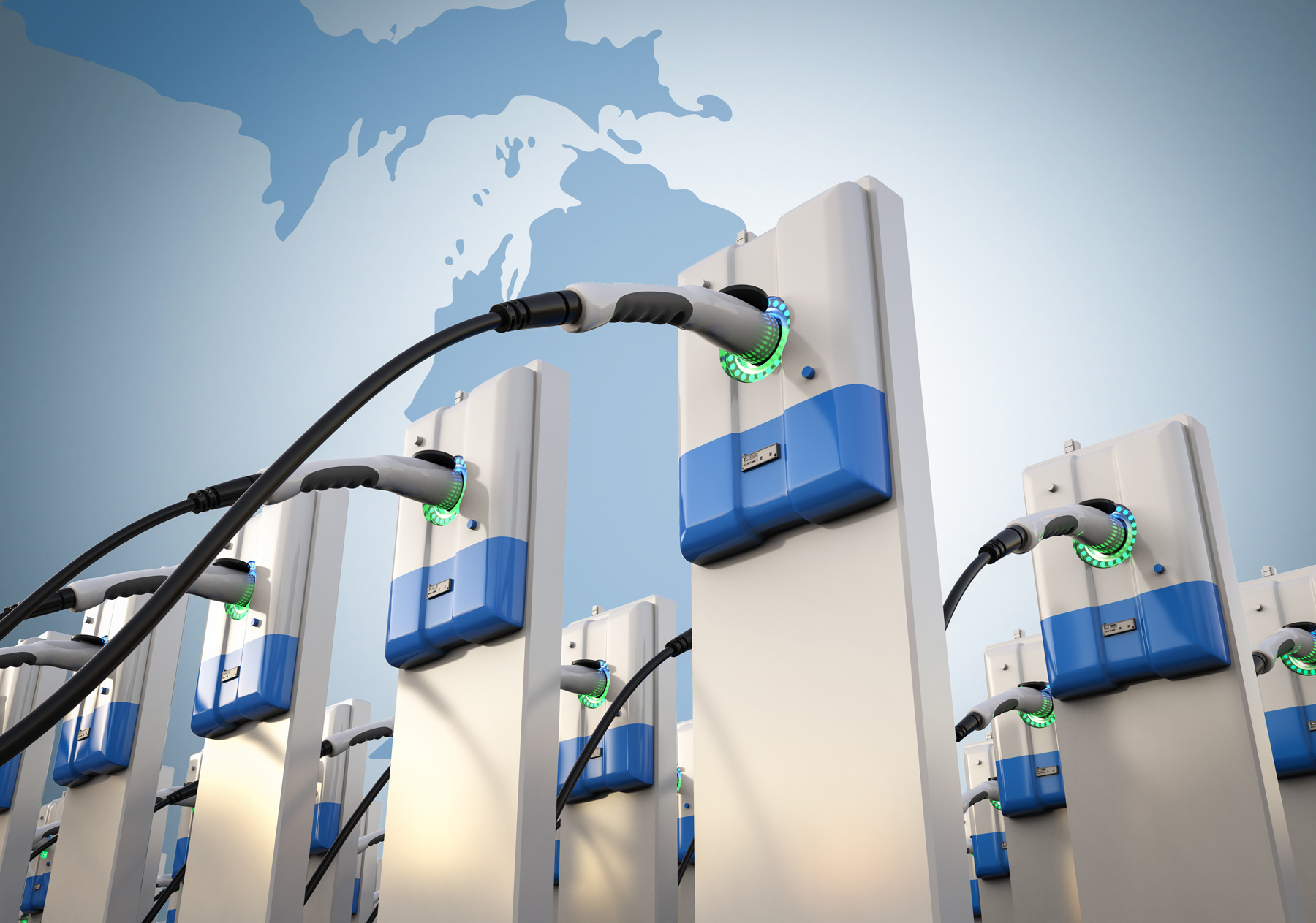Three Key Facts:
-
- An $8 million federal grant from the Biden-Harris infrastructure law will pay for EV charging stations in the Greater Lansing area
- Michigan has secured more than $150 million to expand the state’s EV charging network, which now includes more than 2,600 chargers.
- Michigan is building the next generation of cars, and this charging network makes it possible for Michiganders to drive those cars where they live, work, and shop.
-
Funds from Biden-Harris Infrastructure Law Create Jobs and Ensure Drivers Can Charge EVs Where They Live, Work and Shop
Fifty new electric vehicle (EV) charging stations are coming to Clinton, Eaton, and Ingham counties. The Greater Lansing area was awarded an $8 million grant through the Charging and Fueling Infrastructure (CFI) Grant Program, part of the Biden-Harris infrastructure law.
The program aims to expand access to EV charging and alternative fuel options – building a national charging network while creating jobs and ensuring drivers can charge EVs where they live, work and shop. The Capitol Area Regional EV Charging Gateway Initiative, a coalition of area municipalities and local government entities, secured the funding. The group aims to install charging hubs in public spaces throughout the area, including parking facilities, public schools, parks, and university hotspots. “These funds will ensure that the City of Lansing can build out its EV infrastructure and expand charger access,” said U.S. Representative Elissa Slotkin.
“We’re building the next generation of cars in Michigan, and this new investment will help make sure Michiganders can drive those cars here at home.” Michigan has secured more than $150 million through its Charge Up Michigan program and the Biden-Harris infrastructure law to build Michigan’s EV charging network, which now includes more than 2,600 chargers around the state.The Biden-Harris administration is offering grants to help municipalities construct a network of EV chargers across the country. The investment in Greater Lansing is a step toward the administration’s goal of reaching 500,000 publicly available chargers in the U.S. by 2030.





